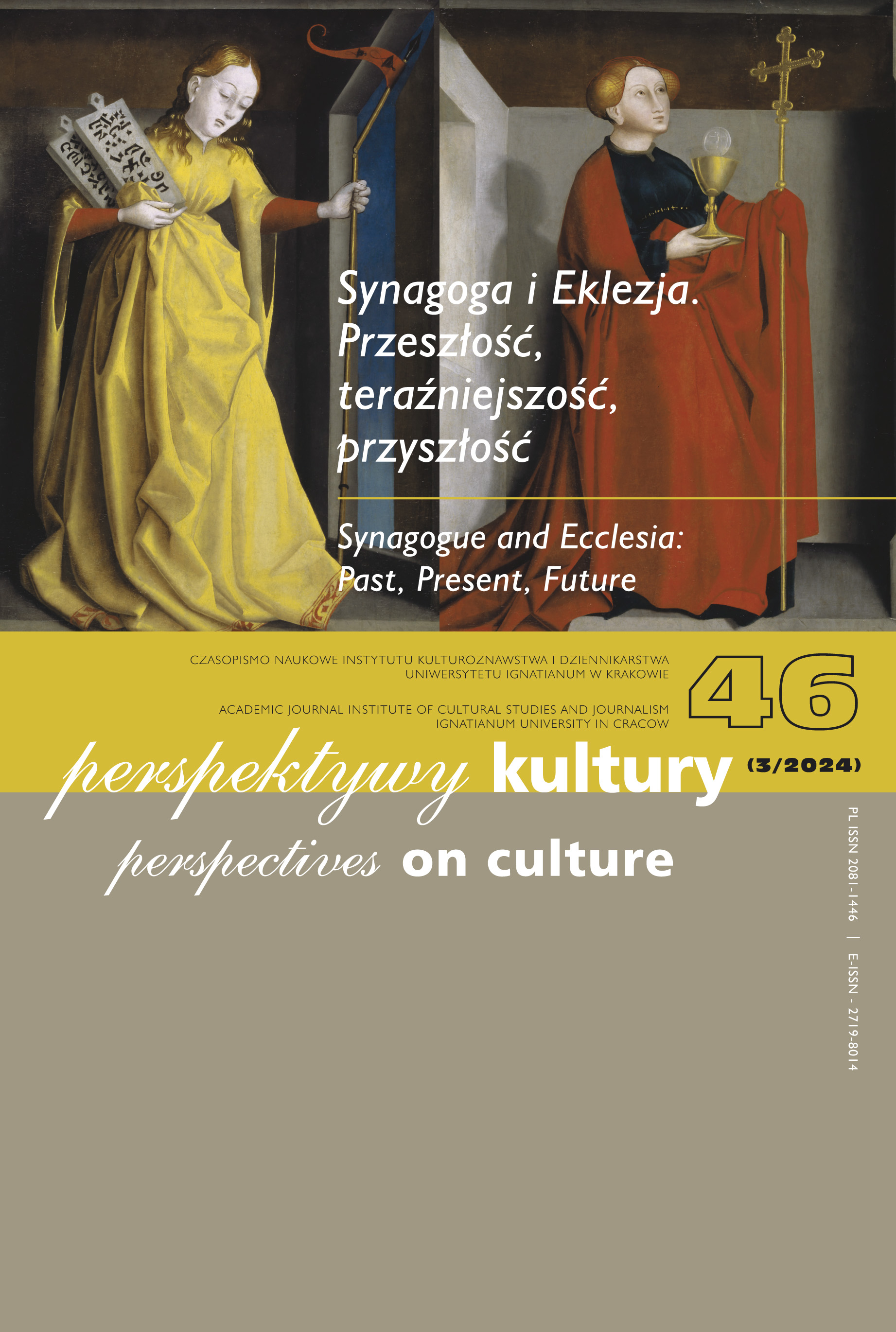Technology and Politics in Czech Dystopian Literature of the 20th Century
Abstract
This article examines the interplay between politics and technology in Czech negative utopias from the 20th century, focusing on two seminal works: Karel Čapek’s 1920 play R.U.R. (Rossum’s Universal Robots) and Jiří Marek’s 1967 novel Blažený věk. Both works represent significant literary experiments, using their depictions of ostensibly ideal societies as vehicles for critiquing both Czechoslovak and broader European political realities. Despite the nearly fifty-year gap between them and their differing genres, these works share thematic similarities, particularly in their concerns about the effects of modern technology on human life. Additionally, both texts have profoundly influenced contemporary popular culture, generating enduring social commentary and stimulating discussions within political spheres and among science fiction enthusiasts.
Copyright (c) 2024 Perspectives on Culture

This work is licensed under a Creative Commons Attribution-NoDerivatives 4.0 International License.
Autor, zgłaszając swój artykuł, wyraża zgodę na korzystanie przez Wydawnictwo Uniwersystet Ignatianum z utworu na następujących polach eksploatacji:
- utrwalania utworu w formie papierowej, a także na nośniku cyfrowym lub magnetycznym;
- zwielokrotnienia utworu dowolną techniką, bez ograniczenia ilości wydań i liczby egzemplarzy;
- rozpowszechniania utworu i jego zwielokrotnionych egzemplarzy na jakimkolwiek nośniku, w tym wprowadzenia do obrotu, sprzedaży, użyczenia, najmu;
- wprowadzenia utworu do pamięci komputera;
- rozpowszechniania utworu w sieciach informatycznych, w tym w sieci Internet;
- publicznego wykonania, wystawienia, wyświetlenia, odtworzenia oraz nadawania i reemitowania, a także publicznego udostępniania utworu w taki sposób, aby każdy mógł mieć do niego dostęp w miejscu i czasie przez siebie wybranym.
Wydawca zobowiązuje się szanować osobiste prawa autorskie do utworu.





